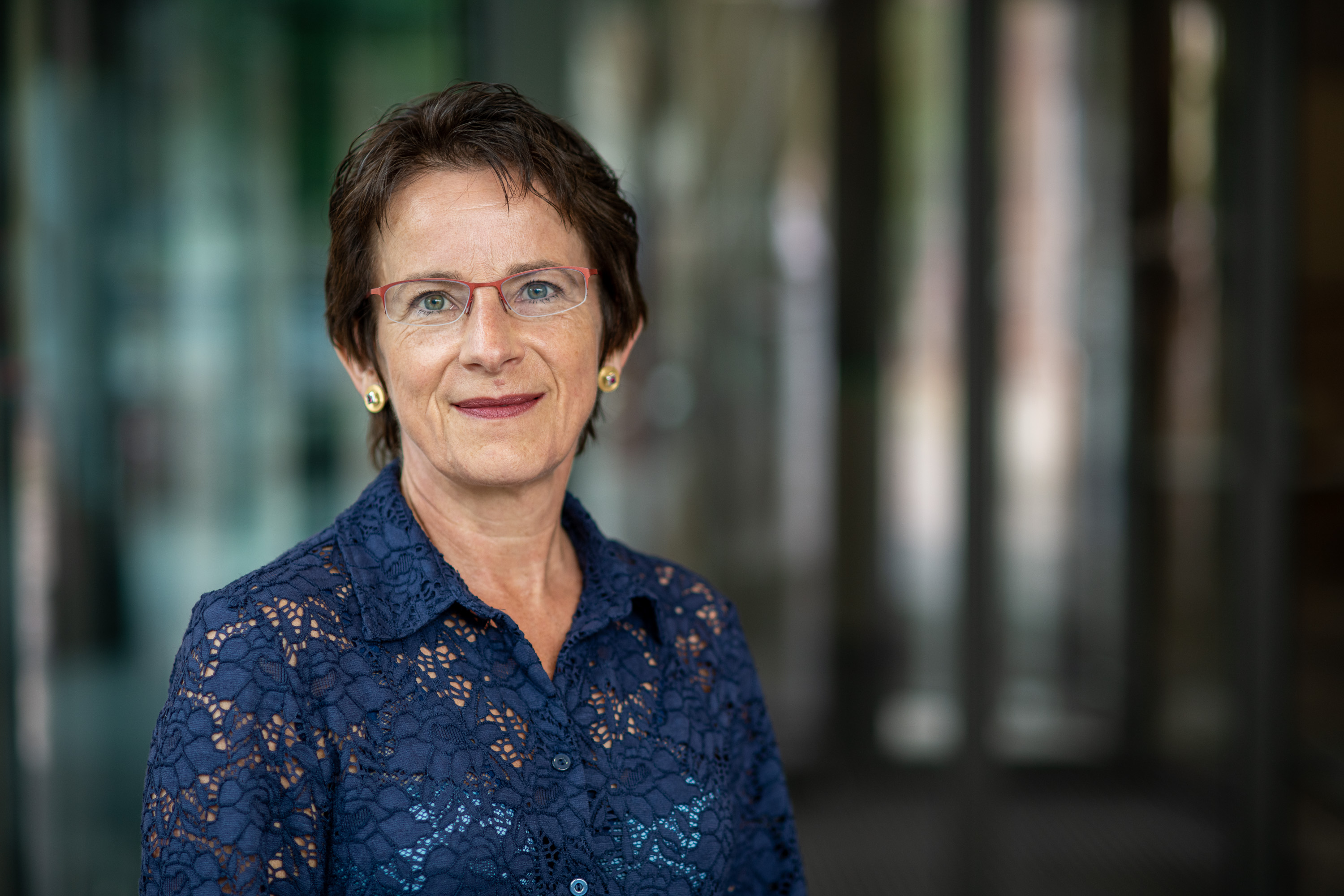Dr. Katrin Wendt-Potthoff

Dr. Katrin Wendt-Potthoff
katrin.wendt-potthoff@ufz.de
Tel. 49 341 6025 4810
Brückstraße 3a
D-39114 Mageburg
Germany
CV
1961 Born in Bremen, Germany
1981 - 1988 Study of Biology at the Technical University of Braunschweig. Master's thesis about "Laboratory experiments on the burrowing activity of Lumbricus terrestris".
1988 - 1992 Federal Institute of Biology for Agriculture and Forestry, Biochemistry and Plant Virology Division, Braunschweig
1994 PH.d. about "Microcosm experiments on the fate and effects of genetically altered Pseudomonas syringae pathovar syringae", Dr. habil. Horst Backhaus
1992 - 1995 Research Scientist at the GKSS Research Centre, Institute for Inland Water Research
since 1995 Research Scientist at the UFZ, Dept. Lake Research
since 2005 Group Leader Lake Microbiology
2014 habilitation at the University of Potsdam
since 2014 assistant professor University of Potsdam
Reserach Interests
My research interests comprise miscellaneous aspects of aquatic microbiology and biogeochemistry. I am especially interested in the influence of micro-organisms on geochemical processes and the interaction of micro-organisms with plastic.
Both former and current work focuses on stratified lakes, recent projects mostly deal with reservoirs. Starting from anaerobic processes like iron, manganese and sulfur cycling in sediments and at boundary layers (chemoclines) in the water column, I have been studying the relative contributions of different microbial respiratory processes to carbon cycling in lakes. In this context I also investigated the associated microbial populations.
The main topic of my current projects is (micro)plastic in freshwaters. This includes the interaction of microbes and biogeochemical process with the materials, the colonization of plastic by biofilms, and the sinking and transport to aquatic sediments. In this context, I also isolate and characterize bacteria that live on plastic garbage. As consumer products made from plastic may contain a large variety of chemicals, I am also interested in the ecological effects of these additives and other related chemicals (www.ufz.de/p-leach/index.php?en=50103 ; www.ufz.de/index.php?en=50161). One approach to study these effects is the application of microbial toxicity tests. The general challenge to distinguish physical effects triggered by microplastic particles from chemical effects due to associated substances is being addressed within the project
NatuReP
.
